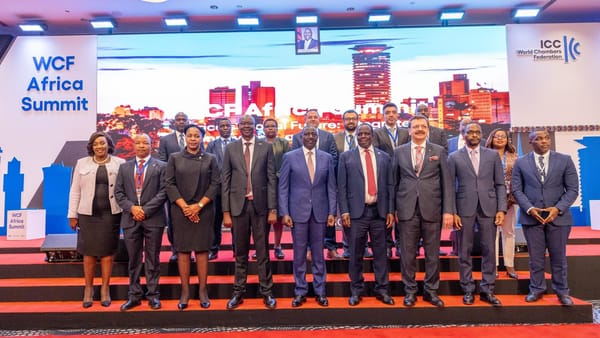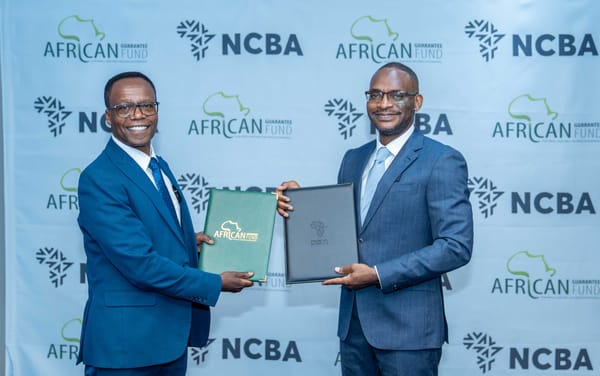Togo’s Women Entrepreneurs Are Ready to Lead—Is the Financial Sector Ready to Invest?
The AFAWA Finance Series is changing the gender finance outlook in Togo—challenging outdated perceptions, training financial institutions, and unlocking billions in funding to support women SMEs and drive inclusive economic growth.

For too long, women-led businesses in Togo have faced an uphill battle in securing financing, with many promising enterprises remaining underfunded and underestimated.
The AFAWA Finance Series made its way to Lomé, Togo, gathering 180 key decision-makers, including policymakers, financial institutions, and women business owners, to challenge outdated perceptions and unlock billions in financing for women entrepreneurs.
Shattering Myths: Women-Led Businesses Are Smart Investments
A persistent misconception in the financial sector is that women-run businesses are risky ventures. However, data tells a different story—women entrepreneurs have higher loan repayment rates and reinvest more in their communities.

Wilfried Abiola, African Development Bank’s Country Manager for Togo, put it plainly:
“The AFAWA initiative is not just a financial instrument; it aims to change the narrative and general perceptions, to transform the notion that small and medium-sized enterprises run by women are risky businesses. AFAWA is working to turn these businesses into substantial investment opportunities for institutions, in particular through the Guarantee for Growth programme, which was designed by the Bank.”
Through AFAWA’s Guarantee for Growth (G4G) program, banks are now being encouraged to rethink how they lend to women, with over USD 1 billion in financing made available through the de-risking mechanism.
From Policy to Progress: Togo’s Commitment to Women Entrepreneurs
Togo’s government is already taking bold steps to create a more inclusive financial landscape. Koffi Gani, Principal Private Secretary to the Minister for Social Action, Women’s Advancement, and Literacy, highlighted a significant policy shift:
“Through the government's action, 25 percent of public contracts are now awarded to women and young people, and on the economic front, the government aims to resolve the problem of access to credit for women and girls with the establishment of the National Fund for Inclusive Finance, which has helped more than 1.2 million women.”
These initiatives are not just empowering women—they are strengthening Togo’s private sector and economic growth.
AFAWA’s Long-Term Vision for Women Entrepreneurs
Beyond discussions, the AFAWA Finance Series also provided training for 30 financial institutions on gender-smart financing. With a deeper understanding of women’s financial needs, banks can design better products and improve access to credit for female entrepreneurs.

Jules Ngankam, Group CEO of AGF, emphasized the long-term impact:
“AFAWA also aims to bring together financial and public sector actors to boost human and financial capital so that women can attain their full potential and participate completely in the growth of our continent. We are extremely optimistic that the impact will be significant in the long term and will stimulate economic growth in Togo.”
With USD 1.7 billion already invested across Africa, AFAWA is proving that when women thrive, economies grow. And with a bold target of mobilizing USD 5 billion by 2026, the transformation has only just begun.










